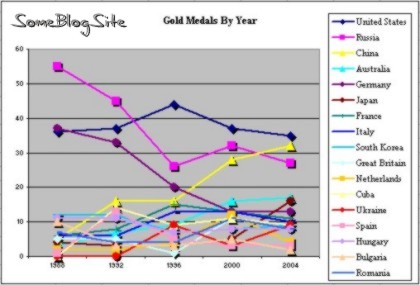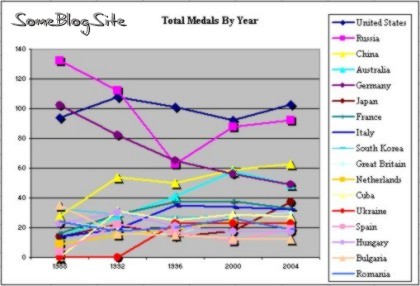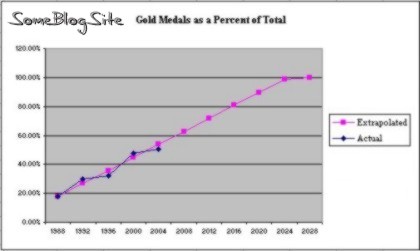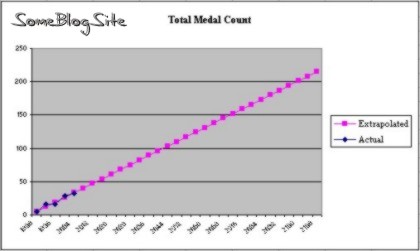Fake Ingredients
Aug
29
2008
Kraft is promoting their salad dressing made with real ingredients. My first thought was “Can there be fake ingredients?” Isn’t anything that goes into a product an ingredient? The only way for an ingredient to be fake is to mislabel it (which is a violation of federal law).
I first noticed the ads in the grocery store. There was a TV playing Kraft ads in one of the normal aisles (as opposed to the TV intended for the captive audiences waiting in the checkout lanes). It’s hard to turn around in public these days without seeing a TV. But that’s off the subject. I saw that the Kraft ads were for their new line of salad dressings made with real ingredients. What does that say about their other salad dressings.
So I captured a screen shot of their ad from their website. It’s an annoying Flash ad, so you have to sit through a bit of it before you see the following screen.

After looking a little closer though, I saw that the ad didn’t really say the dressing is made with real ingredients. It says it is made with the flavor of real ingredients. What does that mean? Fake ingredients but real flavor? I give up. It’s just a bad campaign. I am Some Blogger, and I disapprove their message.
“These things I have written to you concerning those who are trying to deceive you.”
– 1 John 2:26

 This is Alpha, the first-born, when he was 2YO.
This is Alpha, the first-born, when he was 2YO. This is Beta, the second-born, when he was about 2YO.
This is Beta, the second-born, when he was about 2YO. This is Gamma, the third-born, when he was about 18MO.
This is Gamma, the third-born, when he was about 18MO.





